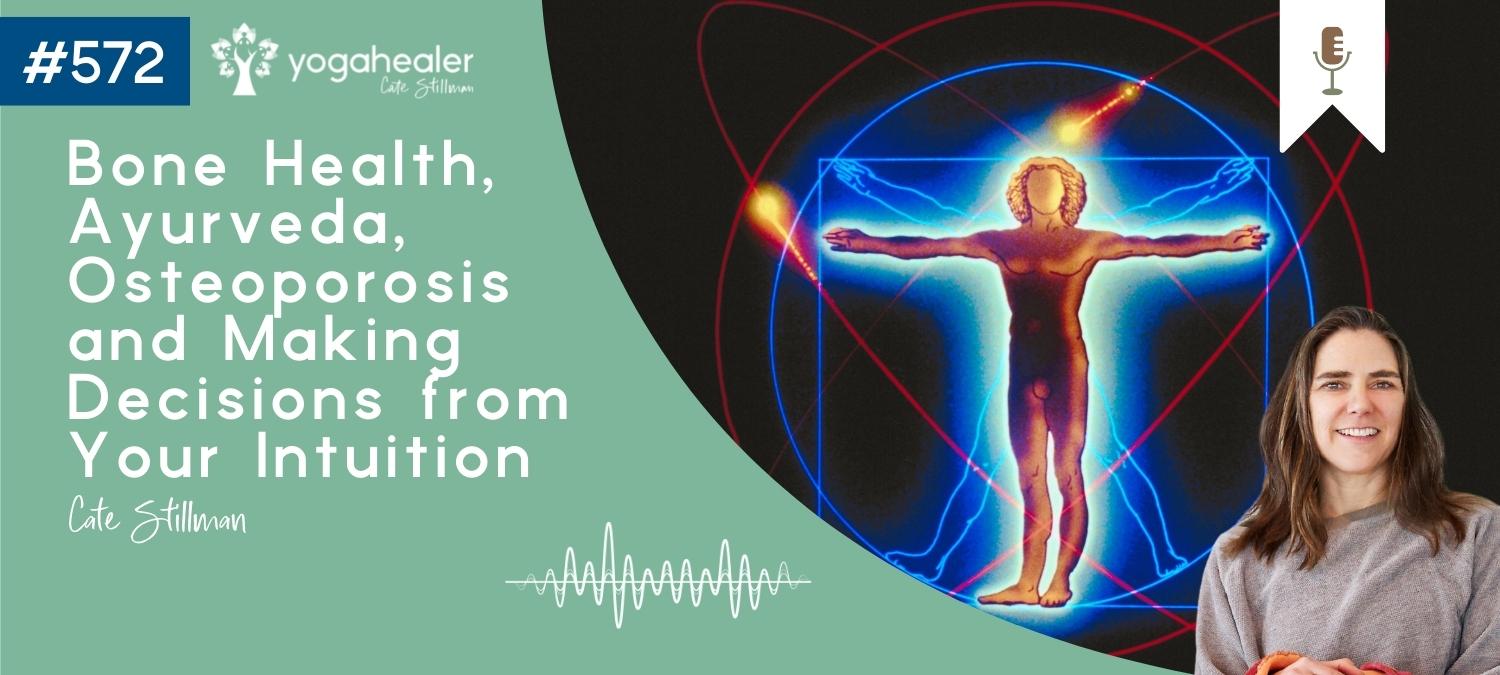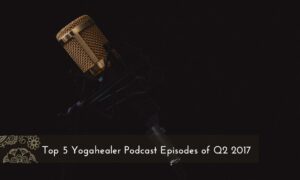Podcast Intro:
What does it mean to put your wisdom into action? What does that mean exactly, and what does it have to do with time? What does this have to do with growing up or getting older? Our bodies should get smarter over time. For wisdom to be embodied, you have to live it, which means you have to do the things you know.
In many ways, we’re stuck in allopathic ways of thinking and beliefs. We live in a culture where allopathy is the norm. It’s hard to see things from someone else’s point of view unless we’ve somehow risen above our own culture and understood other cultures on a cultural level. Only then do we have the freedom to choose.
What you’ll get out of tuning in:
- Can you trust yourself?
- What’s a woman’s I Ching?
- How can you give yourself your own parameters?
- What’s your keystone habit?
- What happens when you tell people what you’re excited about?
- What do you believe about health?
Links/CTA:
Highlights:
- Cate recommends the book “A Woman’s I Ching” by Diane Stein. Cate likes Diane’s language about when you don’t know these uncertain times.
- Cate shares her experience with Indy when they’re on the beach to work out.
- Cate reminds everyone to expand their awareness of physiology to understand what other cultures believe about how the body works.
Timestamps:
- [01:33] Laser Coaching
- [06:58] Articulate your own beliefs?
- [11:01] A new power to trust yourself
- [11:48] Big factor that comes up often with decision-making
- [14:22] Limiting Speech
- [21:52] Live the wisdom that you know
- [22:31] The Vedic Tradition
- [25:56] Mentally and Physically go inward
- [28:50] Habits that slow you down
- [30:26] The nervous system is in the bone marrow
- [33:14] Beliefs about healing traditions
- [34:41] Hardest things about belief
Quotes:
- “If someone’s always been rebelling against our culture, it really changes things rather than if someone’s felt like overwhelmed by culture in the past, and that culture steered their decision making and that’s ended up in a place that has been lackluster on the personal empowerment front, left something to be desired.”
- “The idea of saying I will not be discussing this, thinking about this. Because my tendency throughout my life has been to be quiet. Just sit there and be stubborn not to do what people want me to do. But just think about the fact that I’m doing that too much, not just settle with it. Think about it too much. Think about it, okay, I’m stubborn, I’m not doing this thing because the only way I can have control over anything in my life is by not doing the thing.”
- “From the Vedic tradition, they were very clear about these teachings. If your mind is spinning, you are burning the depth of integrity of your immune system. You’re either dispersing it or you’re burning it. And so what does this mean? This is so fascinating how resting with ease and full awareness is the practice. It’s a choice. It’s a habit.”
- “Where the senses go, the mind goes. We have to choose, we have to be careful about how we do our sense of organ self-care, and we have to be careful about taking the time that has nothing going on. So that the mind can unwind a bit.”
- “You take something if you pull a card like that in the I Ching. And now as a time of waiting, that’s how you are able to take action still. So it’s not procrastination. It’s a conscious engagement with tabling something and building deeper energy in the process.”


